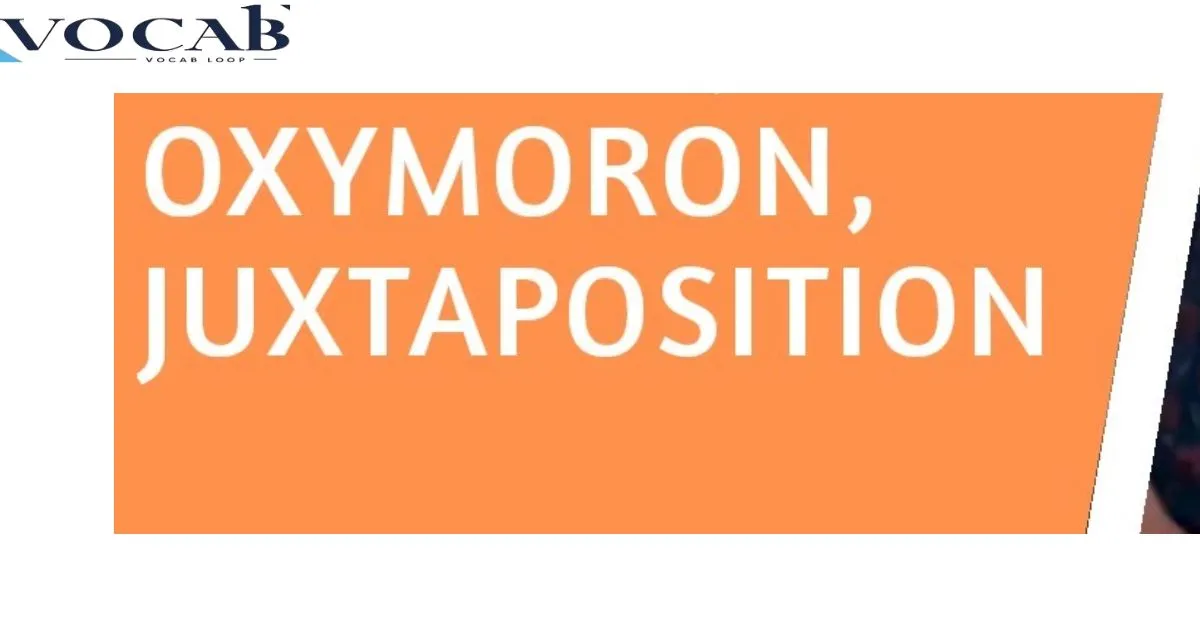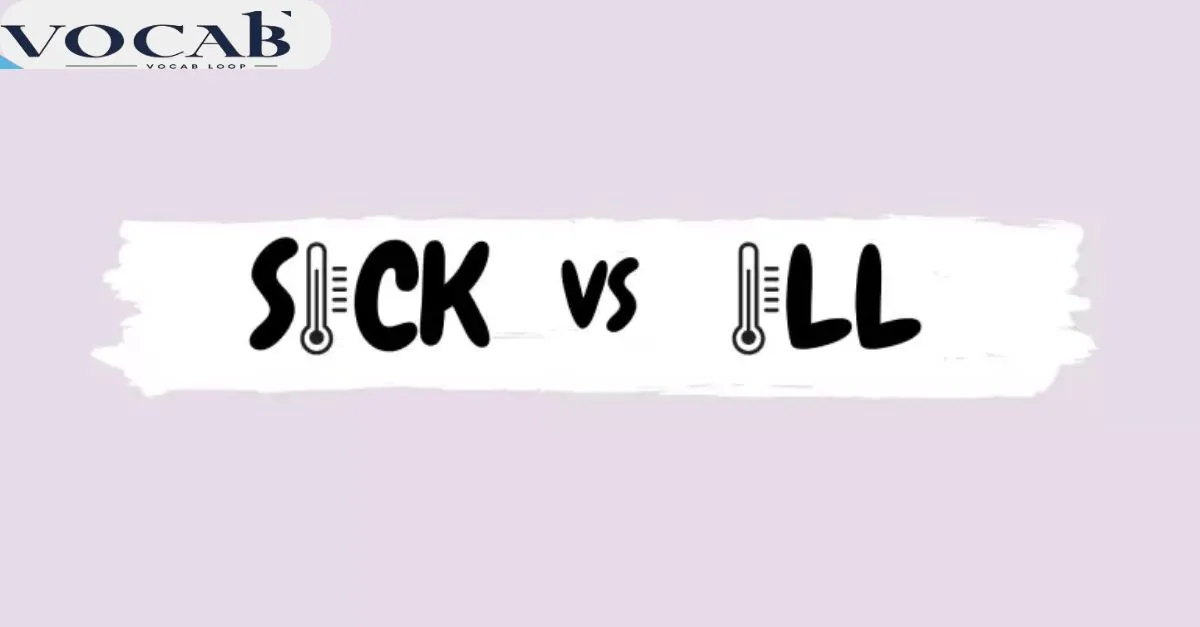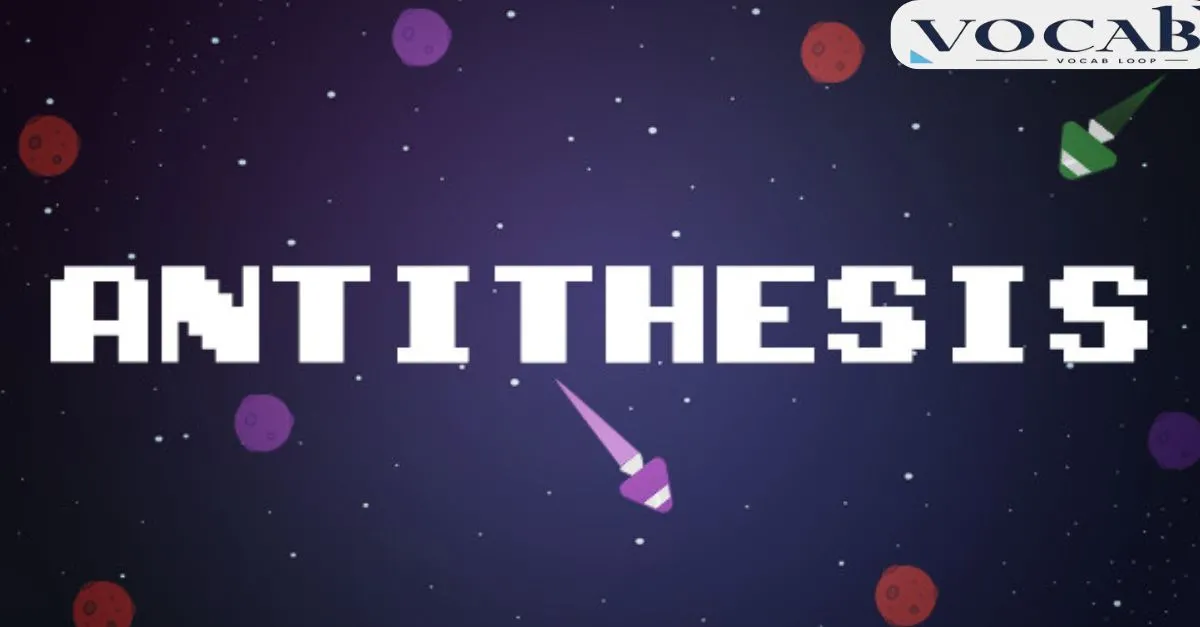Oxymoron vs Juxtaposition: Understanding the Key Differences
When it comes to sentence structure and literary devices, many confuse oxymoron vs juxtaposition. Both highlight contrasts, but they serve different functions in writing. An oxymoron combines contradictory terms within a single phrase, like “bittersweet” or “deafening silence,” creating a sharp, thought-provoking effect. In contrast, juxtaposition places two opposing ideas side by side, such as … Read more





